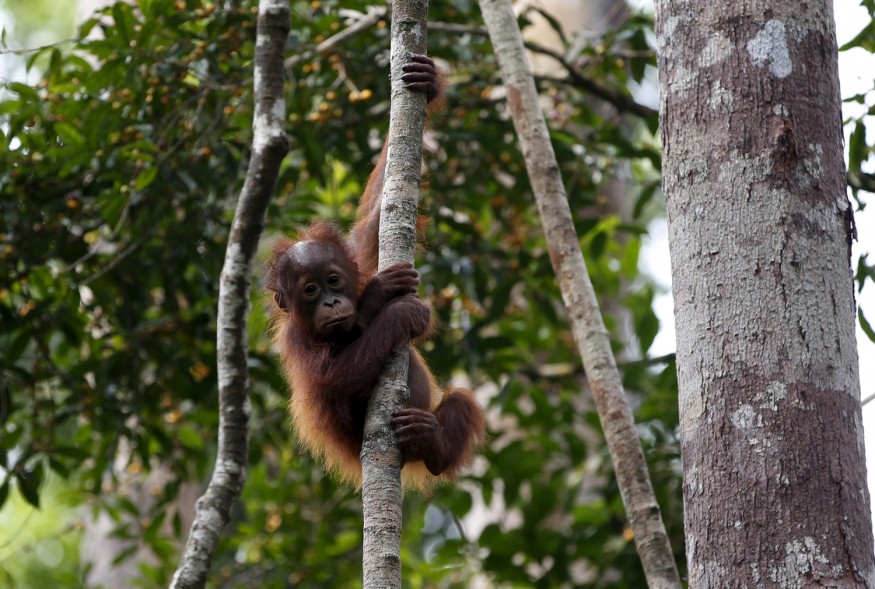
A growing number of influential conservationists and scientists believe that the key to keeping the planet habitable is to protect half of the Earth. The rapid expansion of humans goes unabated, with the burning and bulldozing of nature, destruction of ecosystems, and the driving of species into extinction.
Conservation biologist E.O. Wilson published Half Earth: Our Planet's Fight for Life, with the idea of saving half the planet, since future extinction rates will be a thousand times higher than ever before.
The extreme measure of preserving half the planet is spurred by a report from IPBES or the Intergovernmental Science-Policy Platform on Biodiversity & Ecosystem Services. This study involved hundreds of scientists and is currently the most extensive analysis of Earth's biodiversity.
Aside from the risk of extinction, the report discusses the danger to life-support and ecosystem functions, including air, clean water, flood control, climate regulation, and food, among others. Scientists are worried that the Earth has been altered too much that ecosystems may be approaching a tipping point, which will cause widespread and disastrous instability.
Organizations are trying to help achieve the goal. Wyss Campaign for Nature, for instance, is partnering with National Geographic to support the 30x30 movement, which seeks to protect one-third of Earth's land and water regions by the year 2030. Besides, Nature Needs Half joined conservation groups and scientists to press for protection of 50% of the Earth also by 2030.
The EU pledged to protect one-third of its territory as well. It wants to include biodiversity objectives in every EU policy and allocate 10% of its budget to improve biodiversity. US politicians work with conservation groups for a resolution to protect 30% of US lands and waters. The US loses natural areas the size of two football fields per minute. The Brazilian Amazon, meanwhile, loses rainforest over 10 mi2 per day.
Still, these campaigns face criticism. In 2018, Duke University conservation biologist Stuart Pimm and others published a paper stating that that most of the world's biodiversity are in the tropics, with many already fragmented. They say that protecting large temperate landscapes will do little to protect biodiversity since most species are in tropical areas.
A Nature Sustainability paper also stated that protecting vast areas may affect a billion people as well as increasing poverty. University of Cambridge researcher and study author Judith Schleicher stated that social issues play a very crucial role in delivering effective conservation. She also adds that some 'fortress' conservation efforts may displace people from ancestral domains and deny them the resources they need to survive.
Center for Large Landscape Conservation president Gary Tabor disagrees. He says that saving species must also be accompanied by conservation of ecosystem processes, which clean air and water and provide good soil.
He adds that disease prevention is also a major service of the ecosystems. Clearing wildlands and eating wild animals help diseases cross species barriers and affect humans. An excellent example is the ongoing COVID-19 pandemic that scientists speculate came from bats.
Tabor says nature should be integrated so that people coexist with it. He says that Half-Earth is not a bizarre scenario where humans are on one side while nature is on another because there is also conservation value in human societies. Conservation also means protecting indigenous lands, since according to IPBES' report, indigenous peoples occupy and manage over 40% of all protected areas.
Wyss Campaign for Nature's O'Donnell says that focus on prioritizing financing protection is also important since there is a cost for not protecting nature. Countries also need to shoulder the cost of protecting and managing lands.
O'Donnell says there are big challenges, since the current crisis needs major changes, while at the same time, many other things are competing for attention and finances.
© 2025 NatureWorldNews.com All rights reserved. Do not reproduce without permission.





